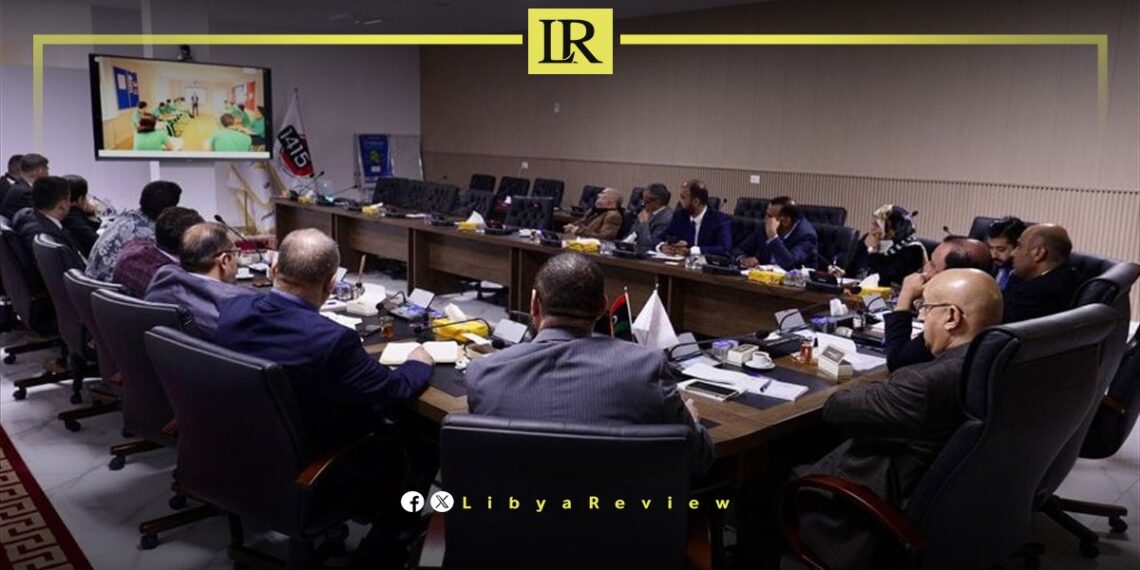Libya’s Deputy Minister for Municipal Affairs, Mustafa Ahmed, engaged in productive talks on Sunday to enhance collaboration in waste management and disposal. These discussions took place during a meeting with the team from the Libyan Company for Public-Private Partnership Projects and the operations management team of the Turkish Albayrak Group.
Expressing his optimism, Ahmed highlighted the ministry’s eagerness to explore new avenues of cooperation with the Turkish side, especially in exchanging expertise, experiences, and building capacity in waste management and recycling.
Ahmed emphasized the ministry’s significant interest in this area, treating it as a top priority due to its environmental and economic importance.
During the meeting, the Albayrak Group presented a visual overview of their operations, detailing the various countries they operate in, their experiences, and the equipment they manufacture and utilize in waste management. The group affirmed their readiness to collaborate with the Libyan ministry to prepare a comprehensive study on the waste sector.
The discussions concluded with plans to hold technical meetings and conduct field visits to various waste points and sites throughout its lifecycle from generation to disposal. The aim is to assess the current state of waste management in the country and identify needs and opportunities to improve and develop existing processes.
This initiative marks a significant step towards enhancing Libya’s environmental management infrastructure, with potential broad-reaching effects on public health and sustainability in the region.
Libya has been in chaos since a NATO-backed uprising toppled longtime leader Muammar Gaddafi in 2011. The county has for years been split between rival administrations.
Libya’s economy, heavily reliant on oil, has suffered due to the ongoing conflict. The instability has led to fluctuations in oil production and prices, impacting the global oil market and Libya’s economy.
The conflict has led to a significant humanitarian crisis in Libya, with thousands of people killed, and many more displaced. Migrants and refugees using Libya as a transit point to Europe have also faced dire conditions.
The planned elections for December 2021 were delayed due to disagreements over election laws and the eligibility of certain candidates. This delay has raised concerns about the feasibility of a peaceful political transition.
Despite the ceasefire, security remains a significant concern with sporadic fighting and the presence of mercenaries and foreign fighters. The unification of the military and the removal of foreign forces are crucial challenges.


